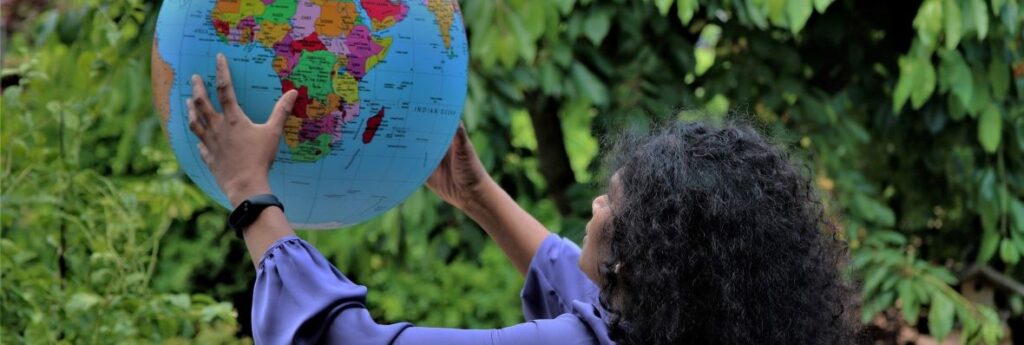“I miss travel,” might be one of the most commonly heard expressions these days as Canadians yearn to break pandemic quarantine and travel again without concern. Expedia calls it “the tripping point.”
Defined as “the intense need for a break from the routine and the moment at which day-to-day responsibilities become too much and result in the desperate need for a change of scenery,” Expedia recently surveyed Canadians to see where we stand when it comes to this latest phenomenon in pandemic travel behaviour.
“For many adults, it would be an understatement to say the past six months or so have been challenging, and especially now as restrictions tighten again across the country,” says Expedia. “Juggling new realities of work, schooling, household chores and errands has been monotonous, especially with little opportunity for a much-needed break.”
To that end, the OTA giant surveyed 1,000 adults aged 18-45, in the process revealing how both short- and long-term travel desires and aspirations were shaped by stay-at-home mandates earlier this year and continue to impact Canadians as they stay closer to home these days.
Among the results:
• On average Canadians reached their tripping point in just 28 days following the introduction of stay-at-home mandates, though a quarter (25%) reached that point in the first week.
• The top ways travellers managed these feelings were through self-care (43%), spending more time outside (36%) and taking a local road trip (29%).
• Once the initial stay-at-home mandates occurred, it took Canadians on average just 35 days before they started researching or dreaming about their next trip.
• When asked what they missed most about travel over this past year, almost half (47%) said a break from normal, every-date routine; this was followed by the opportunity to explore a new place and culture (36%), enjoy a different climate (31%) and try local food dishes (26%)
Micro-breaks, road trips
Over half of Canadians (54%) noted that what drove them to reach their tripping point was the need to get out of their house and find a change of scenery. Behind that was a need for some alone-time or space from family or roommates (26%), and a desire to see friends or family in another location (25%).
Feeling cooped up and missing the freedom and variety that travel provides led more than a quarter of respondents to plan a road trip or staycation (29%) for a quick change of scenery; others found relief by researching or dreaming of a future trip (18%).
In fact, based on search data in April from Expedia, top-rated destinations for Canadians included beach getaways such as Mexico, the Caribbean, and Hawaii.
Once restrictions eased, it took an average of 22 days for travellers to book a trip away from home, with many opting for provincial road trips.
Planning ahead, staying inspired
With many Canadians historically heading south for the winter and beach travel being the popular choice, this year early indications suggest Canadians will be spending the winter season at home. This trend will be a first but will offer the opportunity to explore local and tap into outdoor activities and ski vacations.
Results also shed light on where travellers are most likely to go when they’re ready to travel freely, with the majority excited to visit friends and family who live elsewhere (27%). Another quarter are likely to head somewhere they’ve never been within Canada (26%). And around one in five said they plan to reschedule a trip they couldn’t take this year.
Whether the ideal next trip is a beach vacation or a solo adventure, this tends to vary, and a lot has to do with who respondents lived with during lockdown:
• Individuals who lived with a partner and had no children during lockdown are most likely to desire a luxury, 5-star vacation with pampering and spa treatments.
• For parents, family-friendly activities and accommodations was the most important consideration for their next trip. And,
• Those who lived with roommates said they are keen to do an outdoor activity focused vacation, such as camping, hiking, or one that includes winter activities when they travel next.

